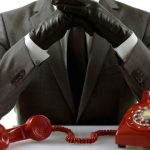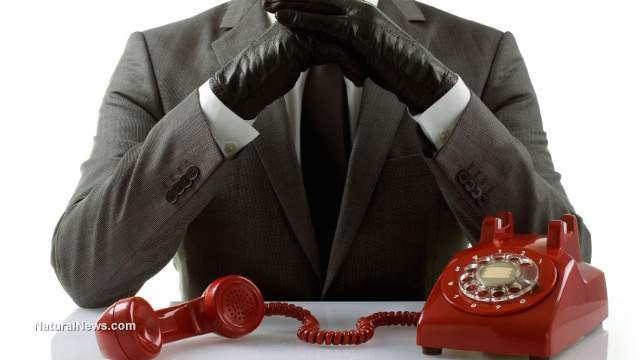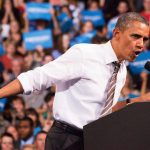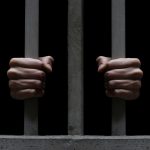
TSA head says covert spying on Americans “makes awful lot of sense” … urges expansion of secret police program
Tuesday, August 21, 2018 by Vicki Batts
http://www.policestate.news/2018-08-21-tsa-head-says-covert-spying-on-americans-makes-awful-lot-of-sense.html

For many freedom-loving Americans, government surveillance in any capacity is a rough sell. Quiet Skies, a government program designed to track travelers that may be a threat, has been heavily criticized for tracking innocent American citizens who were not suspected of any crimes. Even so, TSA Administrator David Pekoske stands firm on the program, stating that it “makes an awful lot of sense.”
Pekoske went on to tell CBS News, “Our job overall as an agency, and the air marshals in particular, in flight, are working to make sure that we mitigate any risks that could occur in aircraft at 10,000, 20,000, 30,000 feet.”
“If an agency responsible for security has some information that might indicate that there may be — emphasis on may be — more risk with a particular passenger, providing some mitigation or some risk management on the flight is a very important and very reassuring thing to me,” he continued.
Quiet Skies
Under Quiet Skies, TSA agents are tasked with monitoring certain flyers, who have been flagged as a potential risk by a special computer program. The computer program is designed to look for specific travel patterns, affiliations or specific links to people on the “watch list.” Leaked documents indicate that while observing a “Quiet Skies” passenger, officials take note of the person’s behavior, such as”excessive fidgeting,” “excessive perspiration” or demonstrating a “cold, penetrating stare.” The undercover agents look for any signs of unusual behavior, like sudden changes of direction while walking through the airport, blinking rapidly during the flight and more.
Once tagged by Quiet Skies, flyers are subjected to increased scrutiny at airport checkpoints and remain on the “list” for up to 90 days.
Critics of the program say that perhaps someone who needs to be followed by two or three federal agents shouldn’t be boarding a plane to begin with.
Pekoske commented, “Throughout the entire system … different passengers present different levels of risk. Passengers have a right to fly and if we ever thought the risk reached the point where the passenger shouldn’t fly, then we have the authority to deny flight for that particular passenger.”
“But as you can appreciate, there are some passengers that fall below that threshold but still create a level of concern that we need — we felt we needed to have a presence on the flights that they were flying on,” he continued.
Michael Bilello, assistant administrator of public affairs for TSA, confirmed with NPR that subjects do not need to be on a terror watch list to be a target of Quiet Skies. “These are people who perhaps haven’t done anything previously to put them on a terrorist watch list, but perhaps there are things … that make us concerned about their future activities or actions,” he explained.
Bilello stated further that TSA agents are trained in observation; whenever you enter an airport, you are being watched by air marshals and other officials — though not to the same degree as someone targeted by Quiet Skies.
Are you being watched?
There are, however, concerns that a program of this sort may infringe on the rights of innocent American citizens. Several Congressmen have raised their concerns with the TSA. Sen. Ed Markey, D-Massachusetts, reportedly sent the agency a letter about the Quiet Skies program.
Markey described Quiet Skies as the “very definition of ‘Big Brother” and questioned whether or not innocent Americans were having their rights violated by another ineffective federal agency.
“This program raises serious privacy concerns, and depending on what criteria are being used for selecting individuals to surveil, including ethnicity, nationality, race, or religion, the program may be unconstitutional. We need answers about this questionable program, including if it actually resulted in arrests or prevented terrible events,” he stated further.
Officials say that Quiet Skies complies with all the necessary security constraints and privacy requirements, but then again, does the government ever admit when they’re wrong?
See more coverage of stories about your privacy at BigGovernment.news.
Sources for this article include:
Tagged Under: Tags: Big Brother, big government, government spies, government surveillance, Liberty, police state, privacy, secret police, spying, surveillance, TSA, Tyranny, United States





